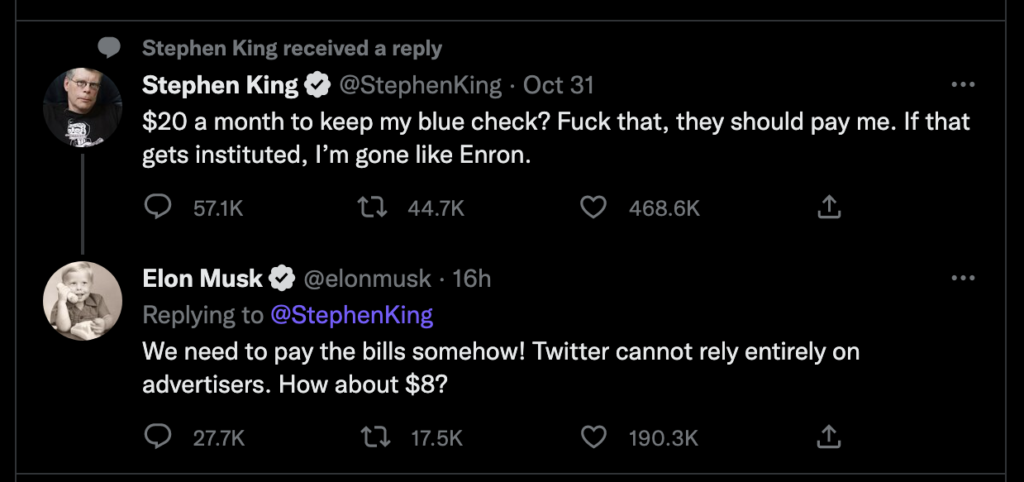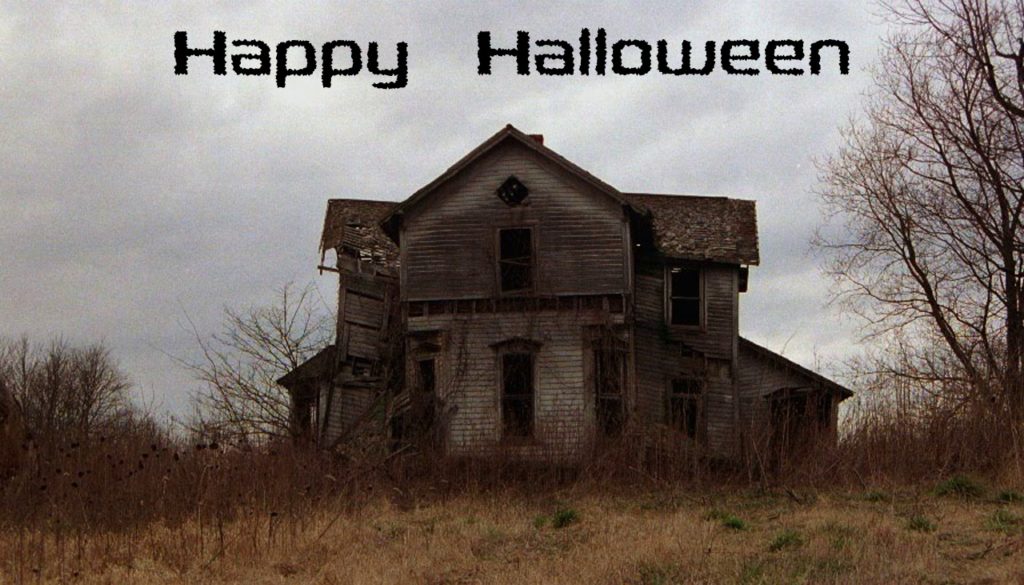- PEN America Rejects Calls to Cancel Coney Barrett Book
- Judge Blocks a Merger of Penguin Random House and Simon & Schuster
- Musk mulls Twitter verification charge, negotiates with Stephen King on fee
- How T.S. Eliot’s Therapeutic Practice Produced The Waste Land
- Did the Pandemic Change People’s Personalities?
- What Makes a House… Wrong?
- The New Classics: Required Reading for a New Generation
- If You Really Want to Hear About It: My Reaction to Rereading The Catcher in the Rye as an Adult
PEN America Rejects Calls to Cancel Coney Barrett Book
Last week’s Literary Links included an article about Supreme Court Justice Amy Coney Barrett’s book advance as well as an article about PEN America’s report on diversity in the publishing industry.
This week we have a link to Publishers Weekly’s news that PEN America has condemned the publishing professionals’ call to cancel the publication by Penguin Random House of Barrett’s book. This article (linked above) contains a link to the full statement by PEN America.
Certainly this story will continue to develop.
Categories: Censorship, Publishing
Judge Blocks a Merger of Penguin Random House and Simon & Schuster
In other major publishing this past week:
A federal judge blocked on Monday a bid by Penguin Random House, the biggest book publisher in the United States, to buy one of its main rivals, Simon & Schuster, in a significant victory for the Biden administration, which is trying to expand the boundaries of antitrust enforcement.
Category: Publishing
Musk mulls Twitter verification charge, negotiates with Stephen King on fee
In other publishing-related news, it’s hard to understand why Twitter’s new owner and CEO, Elon Musk, needs to charge for that coveted little blue check mark that signifies account verification. According to this piece in the Washington Post, Musk declared, “We need to pay the bills somehow!”
Author Stephen King complained:
Stay tuned.
Category: Author News
How T.S. Eliot’s Therapeutic Practice Produced The Waste Land
In this fascinating article David Barnes describes how T.S. Eliot underwent a form of therapy for “neurasthenia, a vague medical term that gained popularity in the nineteenth century. Nowadays, neurasthenic symptoms might variously be described as depression, anxiety, and stress.”
the more I read of the scholarship around the making of the poem, the more it seems likely that its haunting symbols, sounds and visions may also have been the product of a therapy Eliot underwent in 1921-2. Under the tutelage of the Swiss doctor Roger Vittoz, Eliot would focus on specific objects, words, noises, images or ideas. In a method with striking parallels to contemporary mindfulness, Eliot would attempt to train his brain out of its habits of anxiety.
Barnes speculates that Eliot’s famous poem The Waste Land, published in October 1922, “isn’t the chronicle of Eliot’s breakdown, but the record of his journey out.”
Categories: Literature & Psychology, Writing
Did the Pandemic Change People’s Personalities?
“New research reported that people experienced around a decade’s worth of personality changes over the two years of the COVID-19 pandemic.”
Here’s some scientific documentation of something most of us probably suspected had happened.
Category: Et Cetera
What Makes a House… Wrong?
“The enduring literary trope of the Bad, Haunted House is seeing a resurgence in the wake of the pandemic.”
Another probably expected result of the COVID-19 pandemic is a resurgence of the haunted house trope. Kelly Faircloth here traces its history and current focus.
Categories: Literary Criticism, Literary History, Literature & Psychology
The New Classics: Required Reading for a New Generation
“These titles from the last 20 years are due to join the ranks of must-read literature.”
From Pride and Prejudice to The Great Gatsby to Moby-Dick, the classics are classics for a reason: These works of fiction stand the test of time and speak to truths so universal and timeless that they continue to be relevant many years after they were created. But with changing times come new, more diverse, and necessary ways of seeing and presenting the world. That’s why every once in a while, we need to shake things up and both recognize and usher in a new group of modern literary classics for a brand-new generation.
Do you agree with this list, compiled by Scott Neumyer, of books, all published since 2000, that should become classics?
Categories: Literary Criticism, Literary History, Reading
If You Really Want to Hear About It: My Reaction to Rereading The Catcher in the Rye as an Adult
Speaking of classics, here’s Sarah S. Davis’s reaction to reading The Catcher in the Rye, a novel that’s long been on high school required-reading lists, as an adult.
Categories: Literary Criticism, Literary History, Reading
© 2022 by Mary Daniels Brown



